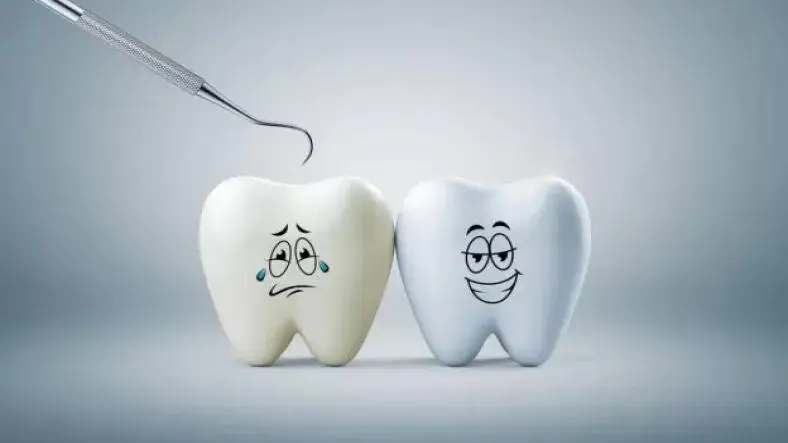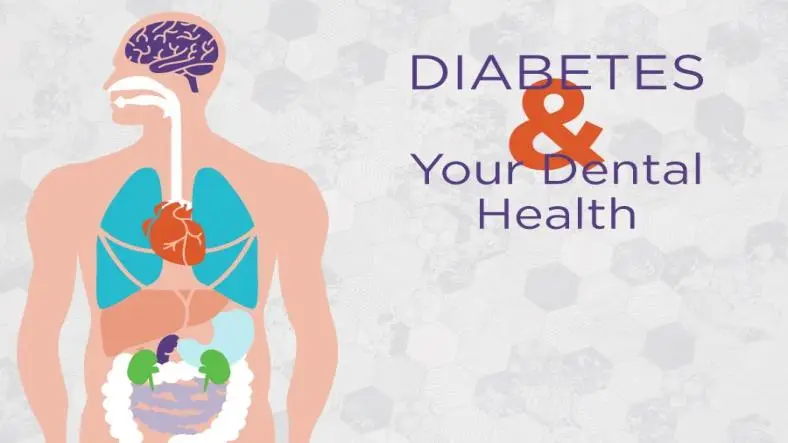Preventive dental care is essential for maintaining optimal oral health and preventing a range of dental issues before they become significant problems. This proactive approach focuses on maintaining the health of your teeth and gums through routine practices and early intervention strategies.
Understanding the benefits of preventive dental care can help you make informed decisions about your oral health and avoid more complex treatments in the future.
1. Prevention of Tooth Decay and Cavities
One of the primary benefits of preventive dental care is the reduction in tooth decay and cavities. Regular dental check-ups and cleanings allow for the early detection of potential issues. Professional cleanings remove plaque and tartar build-up that brushing and flossing alone might miss. Additionally, fluoride treatments and dental sealants can provide extra protection for your teeth, reducing the risk of cavities.
2. Early Detection of Oral Diseases
Preventive dental care includes routine exams that help in the early detection of oral diseases, including gum disease and oral cancer. Early diagnosis is crucial as it allows for more effective and less invasive treatment options. For example, detecting gum disease in its early stages can prevent it from progressing to more severe forms that could result in tooth loss.
Google Ad 1
3. Reduction in Dental Costs
By investing in preventive dental care, you can significantly reduce the likelihood of needing more costly treatments in the future. Preventive measures, such as regular cleanings, exams and early interventions, are generally less expensive than major dental procedures required to address issues that have been allowed to progress unchecked.
4. Preservation of Natural Teeth
Routine dental care helps in preserving your natural teeth for a lifetime. Regular check-ups allow your dentist to monitor the health of your teeth and gums, addressing any concerns before they lead to tooth loss. Maintaining healthy teeth and gums also ensures that you can enjoy a full and functional smile for years to come.
5. Improved Overall Health
Oral health is closely linked to overall health. Preventive dental care helps to manage and reduce the risk of oral conditions that can impact systemic health. For instance, untreated gum disease has been associated with increased risks of heart disease, diabetes and respiratory conditions. By keeping your mouth healthy, you contribute to your overall well-being.
Google Ad 2
6. Enhanced Quality of Life
Good oral health contributes to a better quality of life. Preventive dental care helps maintain a functional and attractive smile, which can boost your confidence and self-esteem. Additionally, addressing dental issues early can prevent pain and discomfort, allowing you to enjoy daily activities, such as eating and speaking, without hindrance.
7. Education and Empowerment
Regular visits to the dentist offer valuable opportunities for education about proper oral hygiene practices. Dentists and hygienists provide personalized advice on brushing, flossing and dietary choices that support oral health. This education empowers patients to take control of their oral care at home, leading to better long-term outcomes.
8. Establishing Healthy Habits Early
For children, preventive dental care is crucial in establishing healthy oral hygiene habits from a young age. Early visits to the dentist help familiarize children with the dental environment and instill good habits that can last a lifetime. Additionally, addressing issues such as misaligned teeth or bite problems early can prevent more complex treatments later.
Google Ad 3
9. Reduction of Dental Anxiety
Routine visits to the dentist for preventive care can help reduce dental anxiety. Regular exposure to the dental office and positive experiences during check-ups can help build familiarity and comfort, making future visits less stressful.
10. Long-Term Cost Savings
Investing in preventive care not only reduces immediate dental costs but also offers long-term savings. By avoiding the need for extensive and costly treatments through regular preventive measures, you can manage your dental expenses more effectively over time.
In conclusion, preventive dental care is a cornerstone of maintaining oral health and preventing more serious dental issues. By engaging in regular check-ups, cleanings and adopting good oral hygiene practices, you can enjoy numerous benefits, including reduced dental costs, improved overall health and a better quality of life. Making preventive care a priority is a proactive step toward ensuring a healthy and beautiful smile for years to come.
Thanks for reading the dentofacts article, for more such articles read our PeoplesBLOG.















